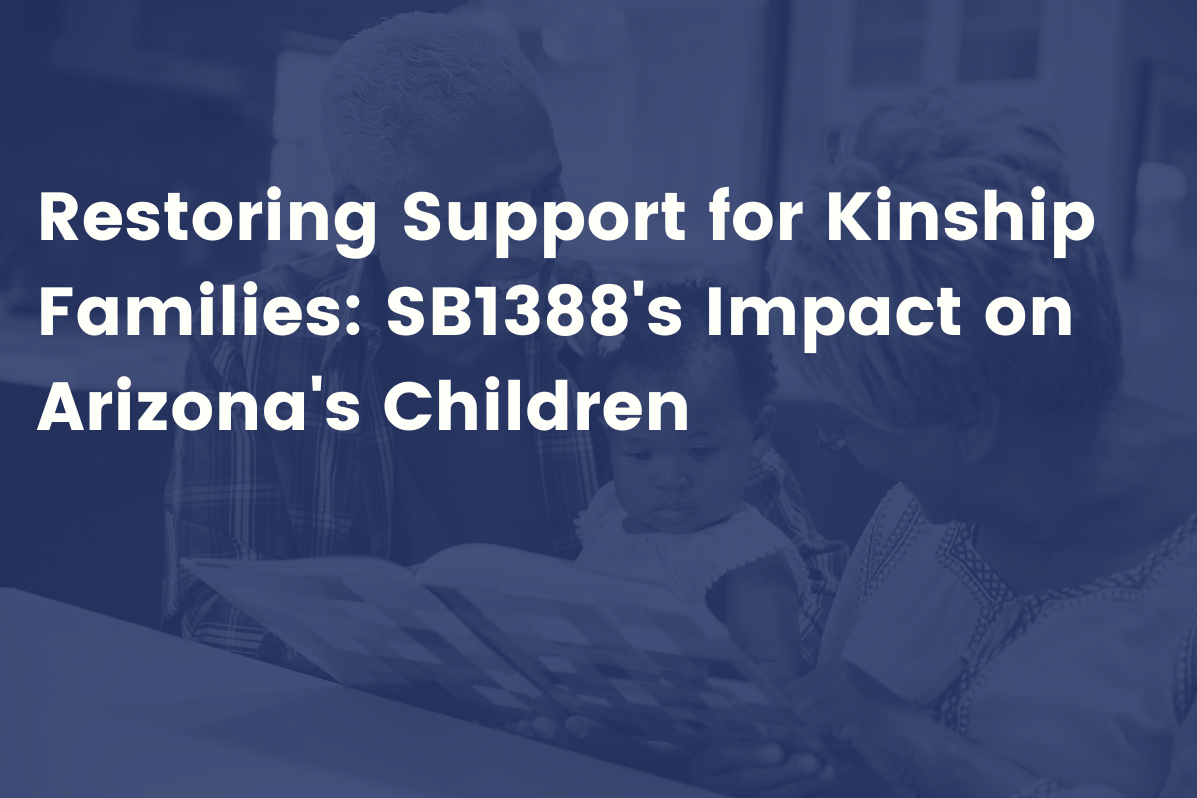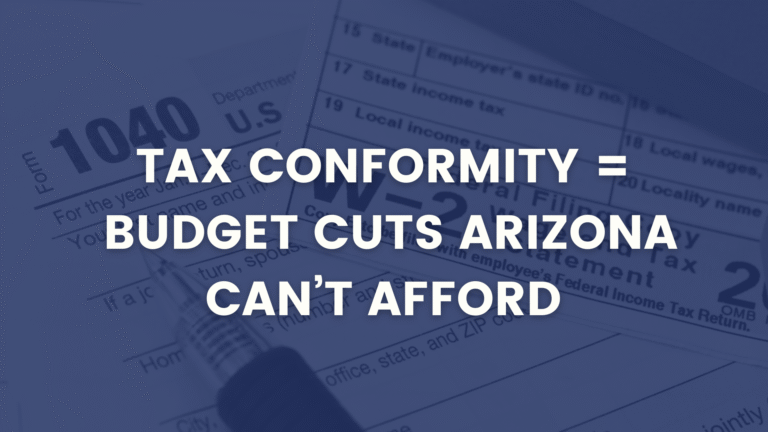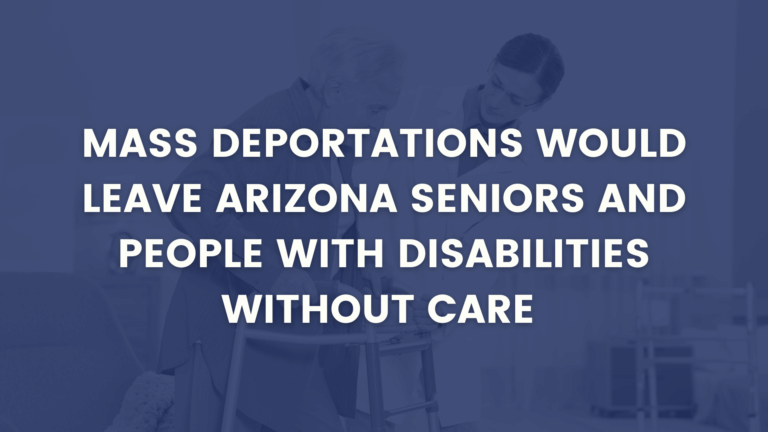
Restoring Child-Only TANF assistance for children living with informal kinship caregivers prevents DCS involvement and makes good fiscal sense
For every one child raised by kin in foster care in Arizona, eight children are being raised by kin outside of foster care. During the Great Recession, our state cut Child-only Temporary Assistance for Needy Families (TANF) assistance for the eight children in informal kinship care.
SB1388 would restore TANF support for all children living in kinship families – reducing the number of children who must enter foster care and saving General Fund dollars.
Kinship families keep children safe, but they need financial assistance to do so
When children cannot remain in their parent’s care, research tells us they do best in kinship families, especially when caregivers are supported. In Arizona, about 53,000 children live with kinship caregivers. Kinship care could be “informal” which is when a child under the care of kin has never entered the foster care system. It could also be “formal,” meaning the child was legally placed in the care of kin after foster care involvement.
A kinship caregiver could be a family member such as a grandparent or a close family friend stepping up to raise the child when their parents are unable or unwilling to do so.
Informal kinship caregivers keep many children out of the foster care system. Nationally, informal kinship caregiving alone saves more than $4 billion each year. Without kinship caregivers, our child welfare system would be even more overwhelmed.
About two thirds of kinship families consist of children living with their grandparents in the nation. In Arizona, 46 percent of children living with grandparent kinship caregivers are Latino/a.
Children living in grandparent-headed kinship families are twice as likely to be living in poverty compared to children in the general population nationwide. The economic well-being of children living in informal kinship families is often unsupported, with less access to resources such as housing, child care, health care, and food, which are more accessible to formal kinship families.
In Arizona, children in informal kinship families that are not in the foster care system cannot receive Child-only TANF assistance – a program that is designed to serve children with the greatest need but currently excludes many, resulting in only 6 out of 100 Arizona families with children receiving assistance.
- Less access to economic and educational resources and social supports
- Difficulty accessing affordable child care that meets the needs of the children
- Less than one-third of those eligible receive housing assistance
- Less than half of those eligible receive Supplemental Nutrition Assistance Program (SNAP) assistance
- Nearly half of kin caregivers do not receive any payment for caring for the child, such as foster care or adoption assistance payments, Social Security survivor benefits, child support or TANF
Restoring Child-only TANF assistance would support all kinship families and save General Fund revenue
We know that most child welfare referrals in Arizona are related to neglect, which is strongly tied to poverty. Prevention tools can include those that relieve economic distress. Research tells us that supporting families with TANF assistance helps reduce child welfare involvement. Child welfare is far more costly to our state.
SB1388 would allow informal kinship families to receive $204 a month for the first child, adding about $70 for each additional child being cared for. For kinship families, this small amount could mean being able to complete a rent payment, to avoid an eviction or the possibility of buying fruits and vegetables at a grocery store of their choosing instead of visiting their local food bank. This housing and food economic security can increase the power of kinship families in lowering entries to the foster care system – a savings to taxpayers.
With this restoration estimated to cost $2.5 million, is also a fiscally responsible policy.



